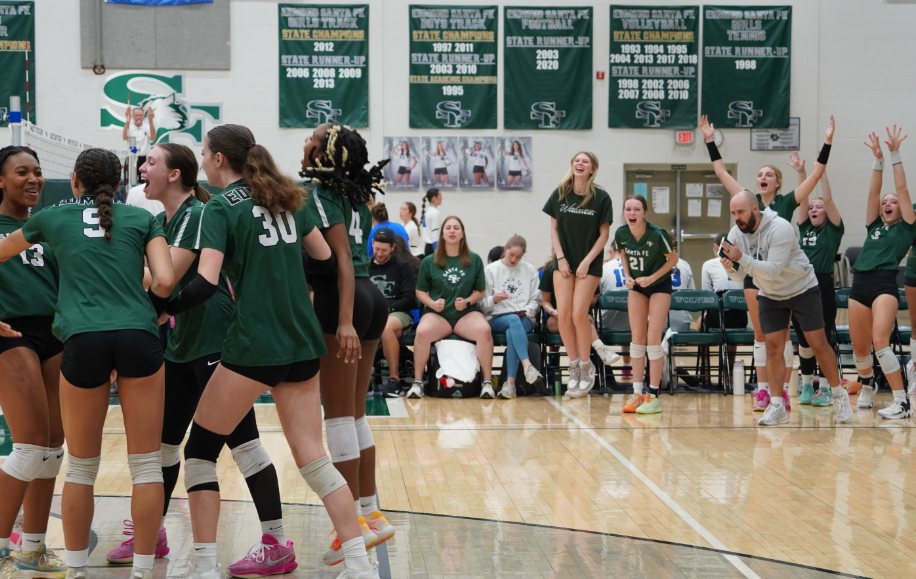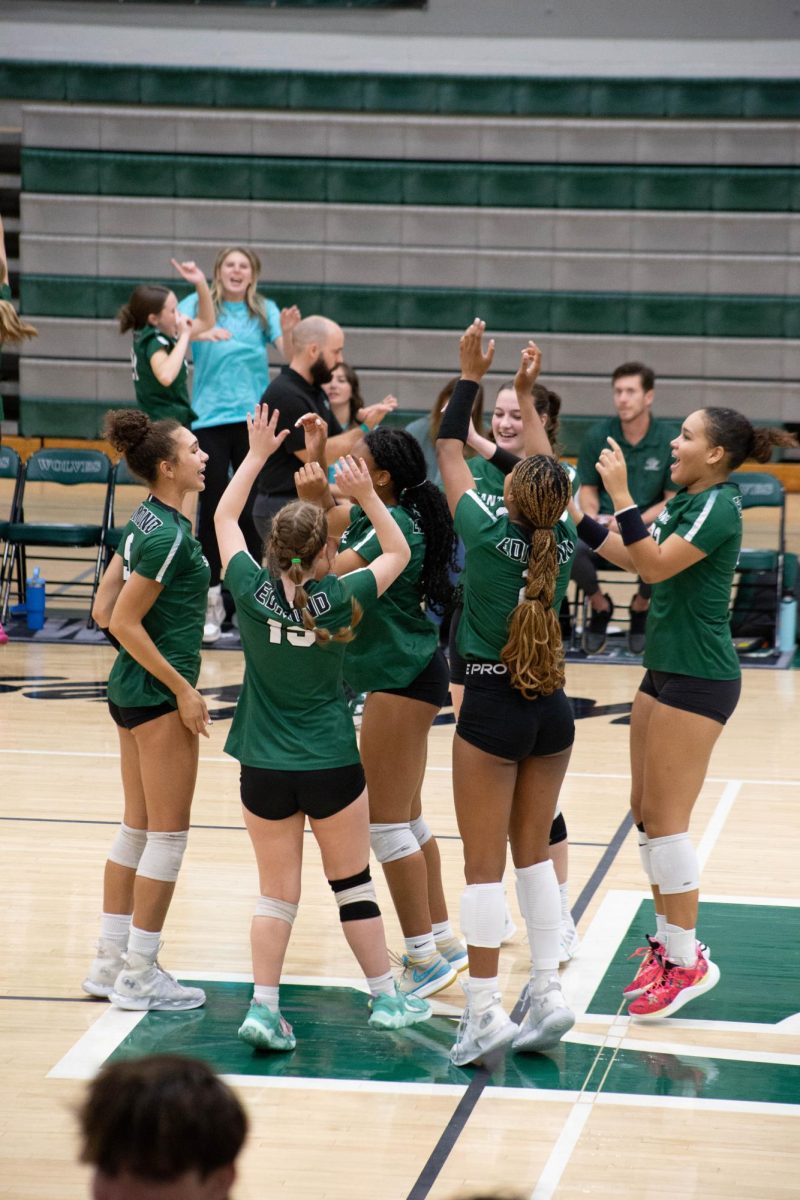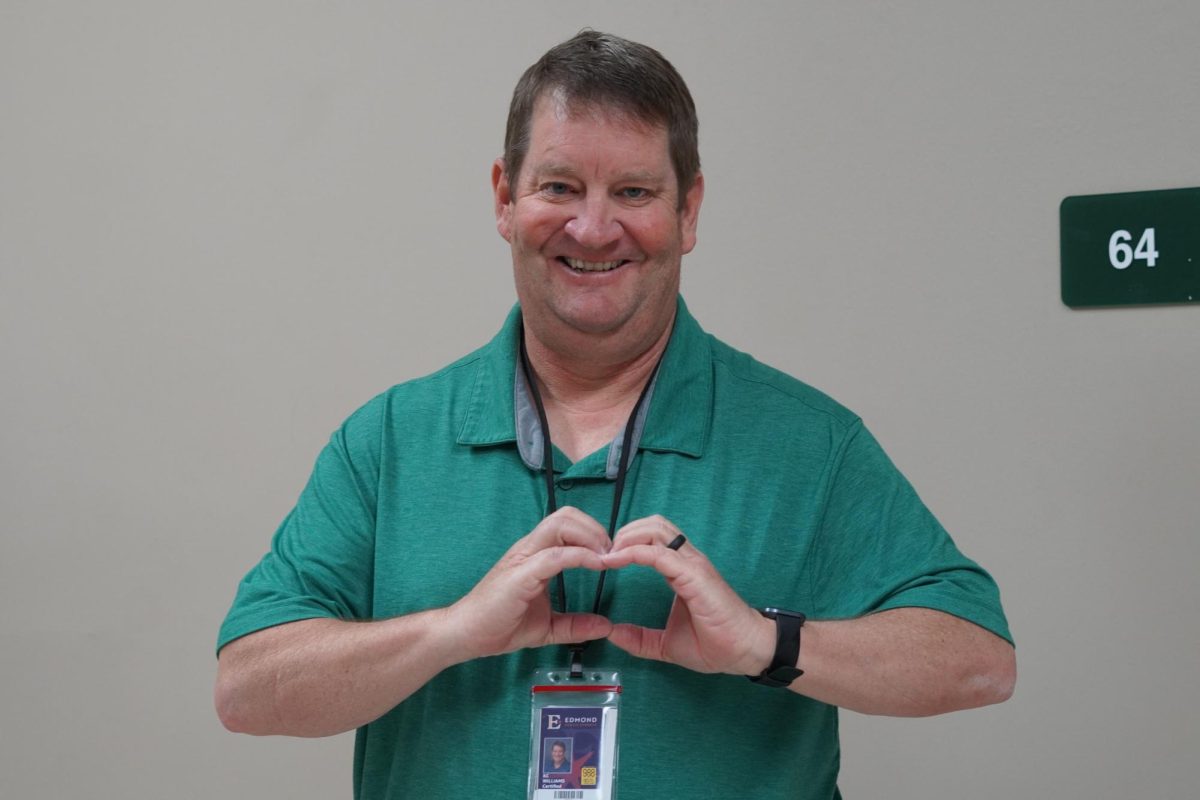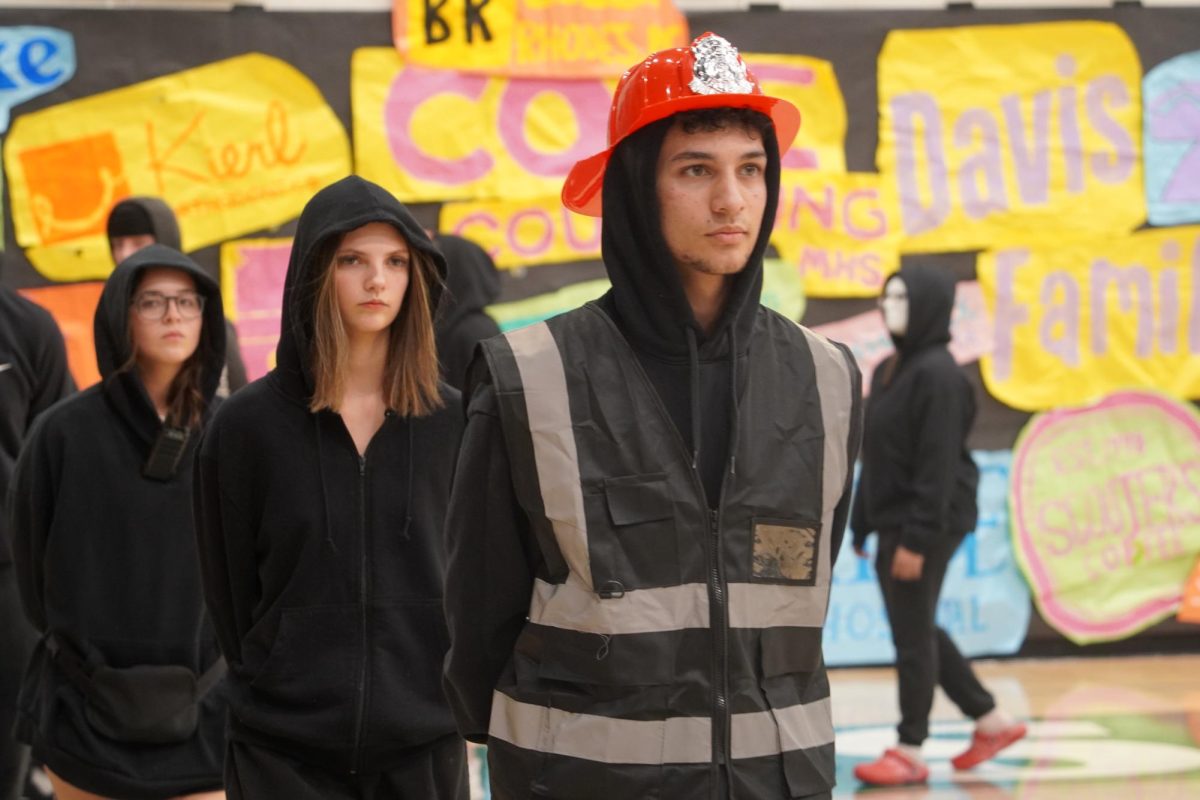Simply looking up the word “news” feels overwhelming in this day and age.
Staying informed is important. Without an understanding of what’s happening around us, forming opinions becomes difficult. Recognizing the complexities of life helps us determine what’s best for ourselves and those around us. But what happens when staying informed becomes almost unbearable?
“I feel like I’m at a point in my life where I’m supposed to be excited and I feel like I’m seeing everything that is so contrary to that,” senior Madison Hayes said. “ It makes me feel very hopeless.”
According to Verywell mind, “Consuming the news can activate the sympathetic nervous system, which causes your body to release stress hormones like cortisol and adrenaline.” While both of these stress hormones are important for the regulation of our bodies, a constant release of them puts us at a higher risk for anxiety and depression.
Discussing the dangers of news consumption in an article published on a news site feels like a contradiction, but the risks should be spoken about. People consume media daily through television, print and social media apps like TikTok and Instagram. Even now, as you read this you are consuming media. Algorithms create an endless loop of content directed toward the viewer, often including videos about current events. The danger lies in the constant stream of information, which can impact thoughts, emotions and behaviors.
“I like to be aware of what’s going on but I get a lot of that through social media. I feel like it’s not necessary to look at actual news. It’s also just kind of over-stimulating,” senior Subaha Kibria said.
For graduating seniors, the stress of entering adulthood adds to these concerns. Is avoiding watching the news beneficial for mental well-being? Or is adulthood about balancing life’s stressors while maintaining a sound mind?
“I do think it’s important for graduating seniors to stay informed. But I don’t think they need to follow every headline or breaking news alert,” counselor Torie York said. “What matters most is understanding the big picture, how government decisions affect our daily lives, and why voting and civic involvement matter.”
York previously taught Senior AP Government for 18 years. During that time, she spent her days talking about politics and watching national and international news to prepare for the next day of lessons.
“While I loved helping students understand how our government works, I have to admit that it was stressful. After years of this routine, it really took a toll on my mental health,” York said.
One direct result of the anxiety and depression caused by alarming headlines is escapism. When concerning feelings arise, many people get the urge to disconnect from reality and find a distraction. As social media apps grow in popularity, this form of coping becomes alarmingly favored.
“I think that whenever I get stressed out or when I hear things that are going on in the world I just go on my phone,” senior Kendal Behring said. “I spend a lot of time on TikTok which ends up kind of bad because sometimes more news pops up on there.”
This form of avoidance isn’t a suitable solution. Rotting and doing everything you can to escape life is not a way to live, so how can you balance staying informed without becoming overwhelmed?
First, limit news intake, especially before bed. 30 minutes to an hour is the perfect amount of time to worry. Then you close your phone and get back to your life. Choose reliable, unbiased news sources to ensure you are receiving accurate information. Avoid relying on social media apps, where misinformation spreads easily. Lastly, seek information from trusted friends and family members that understand the importance of reducing stress.
“I believe we all need to protect our mental health. The news can be overwhelming, especially when it’s filled with conflict, disaster, or negativity. So my advice to students would be: stay informed, but don’t let it consume you,” York said.




































